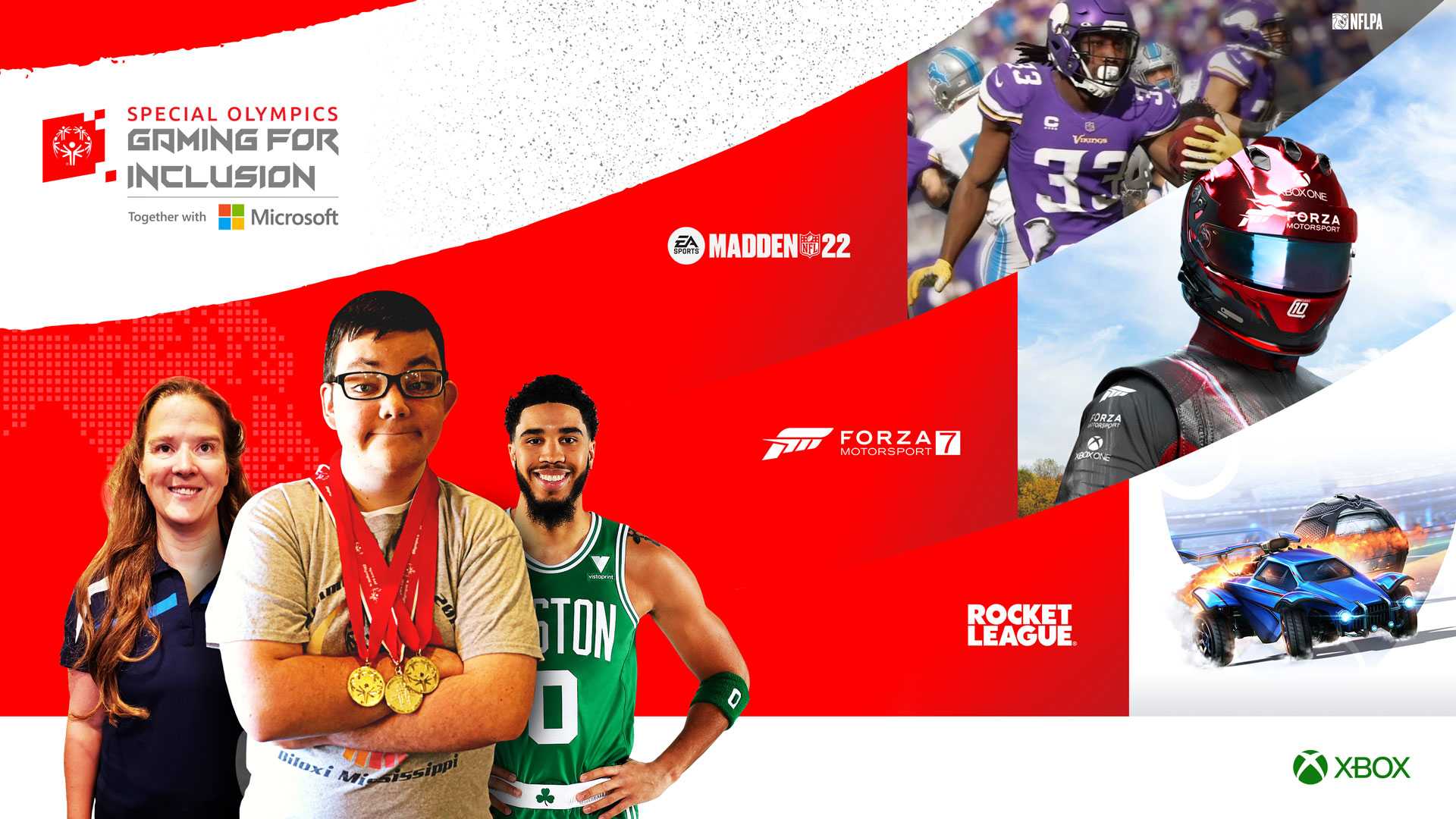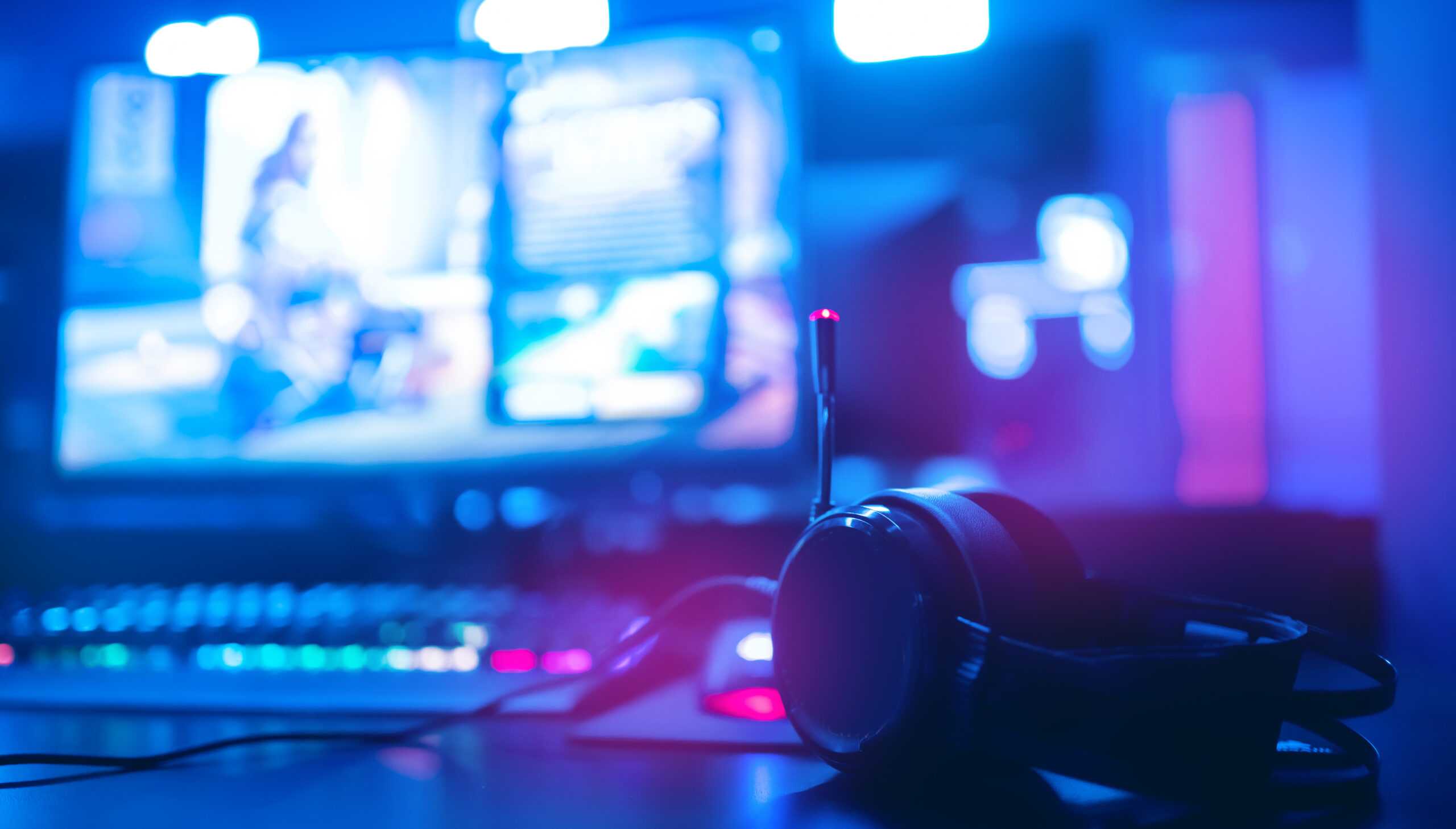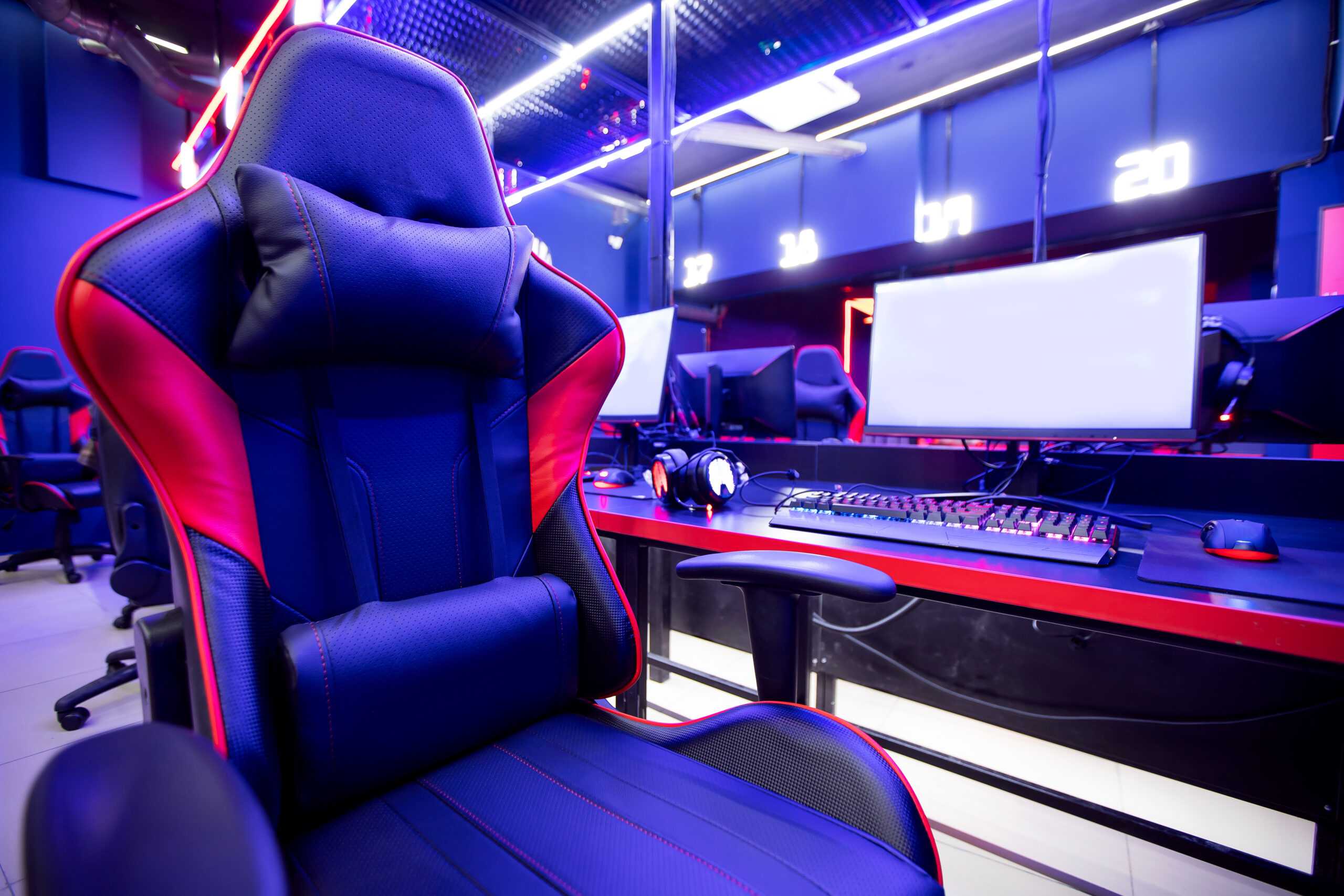While the gaming and esports industries still have work to do when it comes to fostering diversity and inclusion, progress has been made in recent years, whether that’s in the form of more all-women esports teams, better representation of minorities and LGBTQ+ communities in games, or game studios and hardware makers striving to provide more accessibility options for players living with various disabilities. The latter is something that Microsoft’s Xbox group has paid particular attention to, pioneering the Xbox Adaptive Controller in 2018 and continually supporting the disabled gaming community while advocating that gaming is truly for everyone.
Xbox’s latest initiative has been to partner with the Special Olympics on the second annual Gaming for Inclusion Esports event, which started on September 10th and concludes on September 17th. The virtual tournament features Psyonix’s Rocket League with participation from Special Olympics athletes, Unified partners, and Special Olympics celebrity supporters, including NFL legend Jamaal Charles, TikTok influencer and content creator vaultboy, and WWE Superstars.
For Xbox, the event is not only designed to “showcase the power of inclusion through gaming,” but the company sees it as “a meaningful and important step in making esports more accessible by empowering Special Olympics athletes to compete in a new way.” Part of that includes a brand-new leadership opportunity for three Special Olympics athletes to become esports shoutcasters and hosts for the Celebrity Showcase.
At a wider level, Microsoft has been working with the Special Olympics since 2014 to empower athletes through technology. This July, the company celebrated Disability Pride Month for the first time. “This is an opportunity for Xbox to celebrate the more than 400 million video game players with disabilities around the world, as we aim to create a space where people with disabilities don’t feel the need to mask or cover their disabilities but find connection among an inclusive gaming community that celebrates us as we are,” said Kaitlyn Jones, Xbox Accessibility Program Manager, who also notes having multiple invisible disabilities herself.
The esports audience does seem to favor diversity and inclusion initiatives more than the general population, according to Interpret’s New Media Measure®. While almost one-third of US consumers reports preferring brands that give back to disadvantaged communities, that rises to 36% among esports viewers.
Ready to level up your career? Check out Interpret’s Careers page for current openings and join our squad of Fun Scientists!






